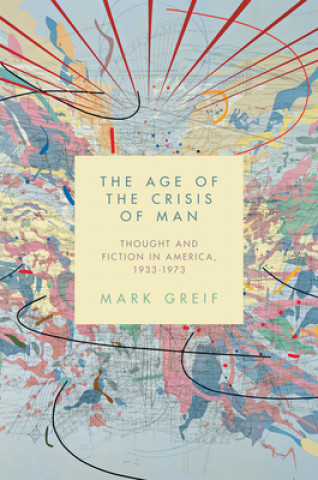
Kód: 04641733
Age of the Crisis of Man
Autor Mark Greif
In a midcentury American cultural episode forgotten today, intellectuals of all schools shared a belief that human nature was under threat. The immediate result was a glut of dense, abstract books on "the nature of man." But the d ... celý popis
- Jazyk:
 Angličtina
Angličtina - Vazba: Pevná
- Počet stran: 448
Nakladatelství: Princeton University Press, 2015
- Více informací o knize

1105 Kč

Skladem u dodavatele v malém množství
Odesíláme za 10-14 dnů
Potřebujete více kusů?Máte-li zájem o více kusů, prověřte, prosím, nejprve dostupnost titulu na naši zákaznické podpoře.
Přidat mezi přání
Mohlo by se vám také líbit
-
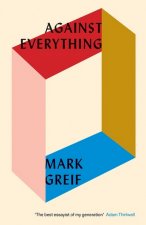
Against Everything
817 Kč -
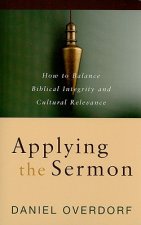
Applying the Sermon
607 Kč -
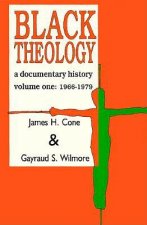
Black Theology
1020 Kč -

Always More Than One
882 Kč
Darujte tuto knihu ještě dnes
- Objednejte knihu a zvolte Zaslat jako dárek.
- Obratem obdržíte darovací poukaz na knihu, který můžete ihned předat obdarovanému.
- Knihu zašleme na adresu obdarovaného, o nic se nestaráte.
Více informací o knize Age of the Crisis of Man
Nákupem získáte 111 bodů
 Anotace knihy
Anotace knihy
In a midcentury American cultural episode forgotten today, intellectuals of all schools shared a belief that human nature was under threat. The immediate result was a glut of dense, abstract books on "the nature of man." But the dawning "age of the crisis of man," as Mark Greif calls it, was far more than a historical curiosity. In this ambitious intellectual and literary history, Greif recovers this lost line of thought to show how it influenced society, politics, and culture before, during, and long after World War II. During the 1930s and 1940s, fears of the barbarization of humanity energized New York intellectuals, Chicago protoconservatives, European Jewish emigres, and native-born bohemians to seek "re-enlightenment," a new philosophical account of human nature and history. After the war this effort diffused, leading to a rebirth of modern human rights and a new power for the literary arts. Critics' predictions of a "death of the novel" challenged writers to invest bloodless questions of human nature with flesh and detail. Hemingway, Faulkner, and Richard Wright wrote flawed novels of abstract man. Succeeding them, Ralph Ellison, Saul Bellow, Flannery O'Connor, and Thomas Pynchon constituted a new guard who tested philosophical questions against social realities--race, religious faith, and the rise of technology--that kept difference and diversity alive. By the 1960s, the idea of "universal man" gave way to moral antihumanism, as new sensibilities and social movements transformed what had come before. Greif's reframing of a foundational debate takes us beyond old antagonisms into a new future, and gives a prehistory to the fractures of our own era.
 Parametry knihy
Parametry knihy
Zařazení knihy Knihy v angličtině Literature & literary studies Literature: history & criticism Literary studies: general
1105 Kč
- Plný název: Age of the Crisis of Man
- Autor: Mark Greif
- Jazyk:
 Angličtina
Angličtina - Vazba: Pevná
- Počet stran: 448
- EAN: 9780691146393
- ISBN: 069114639X
- ID: 04641733
- Nakladatelství: Princeton University Press
- Hmotnost: 812 g
- Rozměry: 163 × 235 × 31 mm
- Datum vydání: 18. January 2015
Oblíbené z jiného soudku
-
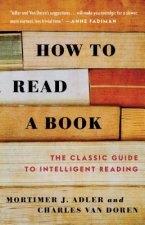
How to Read a Book
303 Kč -
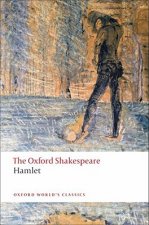
Hamlet: The Oxford Shakespeare
268 Kč -
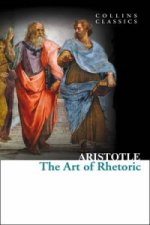
Art of Rhetoric
80 Kč -
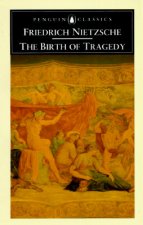
Birth of Tragedy
250 Kč -

Selected Essays
276 Kč -
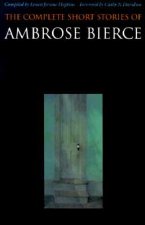
Complete Short Stories of Ambrose Bierce
518 Kč -

Serpent Power
523 Kč -
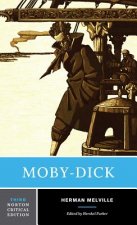
Moby-Dick
465 Kč -

Annotated Alice
323 Kč -

Nordic Noir
410 Kč -

Marquis de Sade: A Very Short Introduction
273 Kč -

Children's Fantasy Literature
670 Kč -

Mysteries of Udolpho
302 Kč -

Joseph Andrews and Shamela
227 Kč -
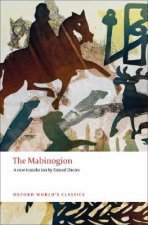
Mabinogion
276 Kč -

The Picture of Dorian Gray
170 Kč -
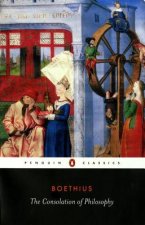
Consolation of Philosophy
276 Kč -
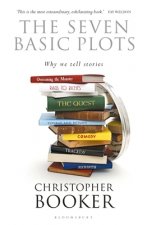
Seven Basic Plots
575 Kč -

Gulliver's Travels
170 Kč -
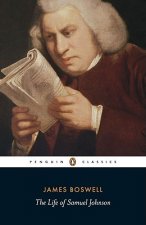
Life of Samuel Johnson
631 Kč -

Powers of Horror
1243 Kč -

Road to Hel
1373 Kč -

Sejong Korean Student Book 2A - English Edition, m. 1 Audio
733 Kč -
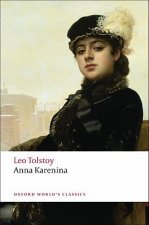
Anna Karenina
218 Kč -

Wide Sargasso Sea
236 Kč -
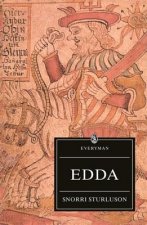
Edda
261 Kč -

Finn and Hengest
250 Kč -
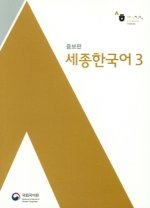
Sejong Korean 3, m. 1 Audio
681 Kč -
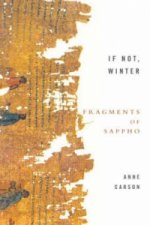
If Not, Winter: Fragments Of Sappho
464 Kč -

Africa's Tarnished Name
101 Kč -
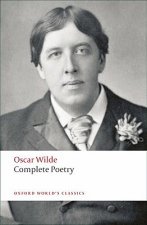
Complete Poetry
196 Kč -
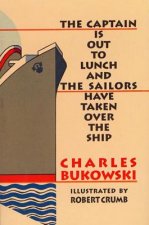
Captain is Out to Lunch
276 Kč -

Devils
268 Kč -

Two Treatises of Government
264 Kč -
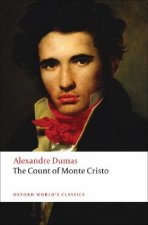
Count of Monte Cristo
276 Kč -

Sejong Korean 2 (Korean+English Version), m. 1 Audio
681 Kč -

Moveable Feast
268 Kč -

Moveable Feast
290 Kč -
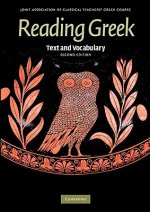
Reading Greek
964 Kč -

Dream Story
276 Kč -
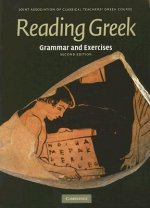
Reading Greek
1021 Kč -

Analysis of Donna Haraway's A Cyborg Manifesto
243 Kč -
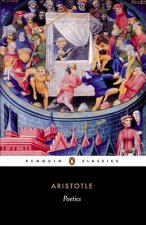
Poetics
276 Kč -
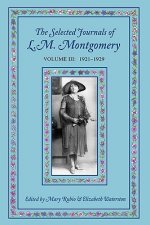
Selected Journals of Lm Montgomery Volume III 1921-1929
516 Kč -

Leaves of Grass
462 Kč -
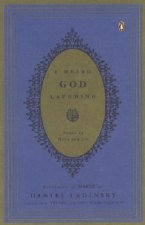
I Heard God Laughing
382 Kč -

Tragedy of King Richard III: The Oxford Shakespeare
223 Kč -
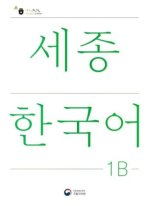
Sejong Korean Student Book 1B - Korean Version, m. 1 Audio
733 Kč -

Wild Ass's Skin
322 Kč
Osobní odběr Praha, Brno a 12903 dalších
Copyright ©2008-24 nejlevnejsi-knihy.cz Všechna práva vyhrazenaSoukromíCookies


 Vrácení do měsíce
Vrácení do měsíce 571 999 099 (8-15.30h)
571 999 099 (8-15.30h)